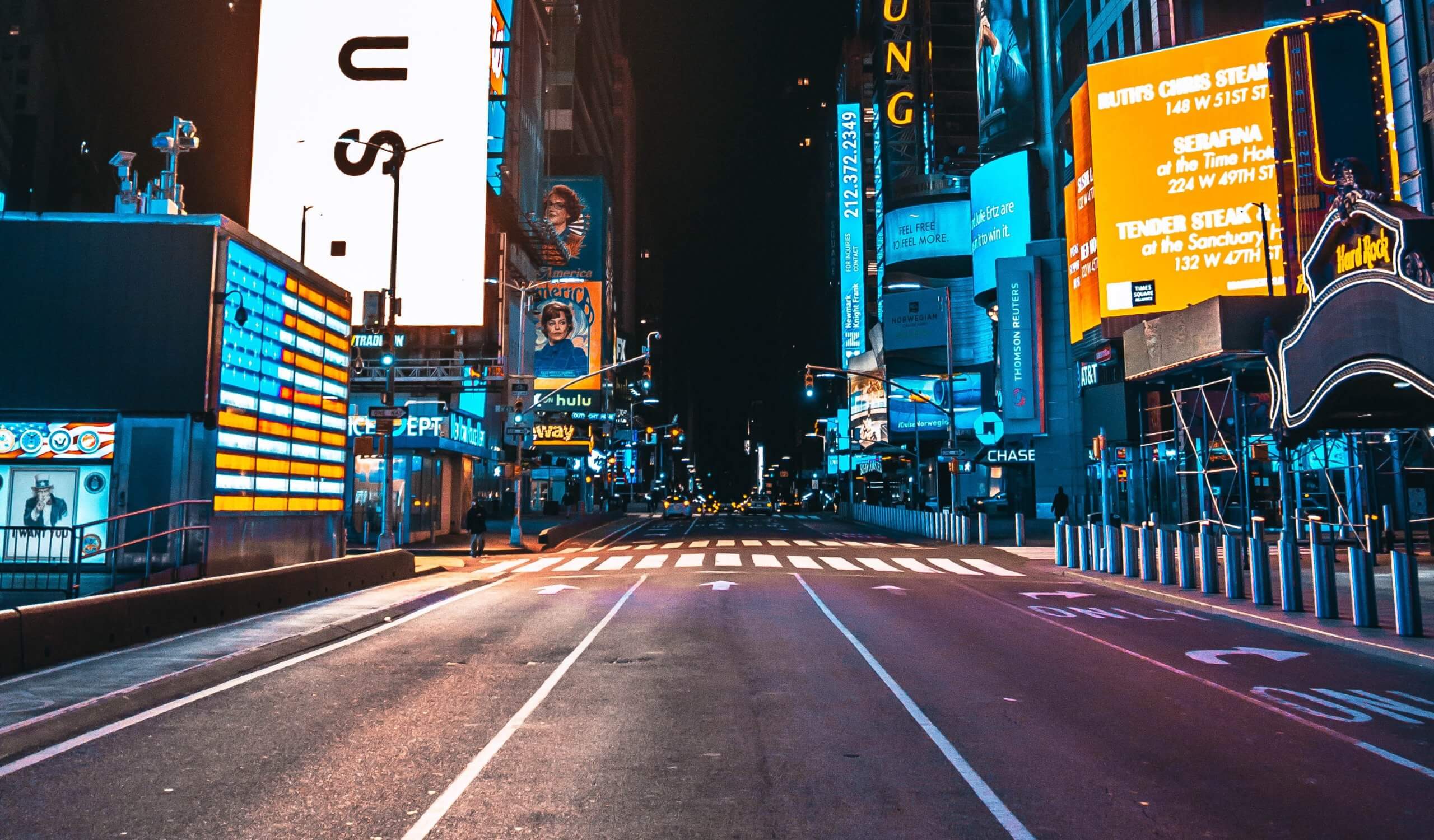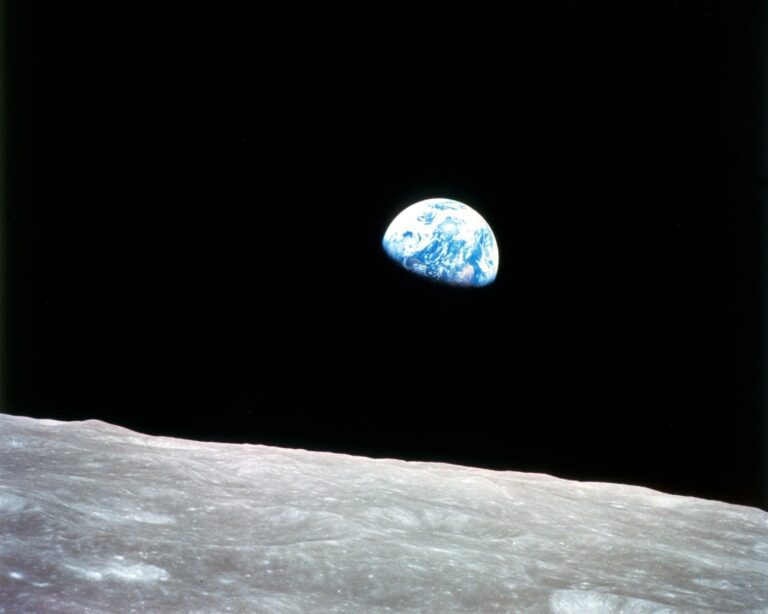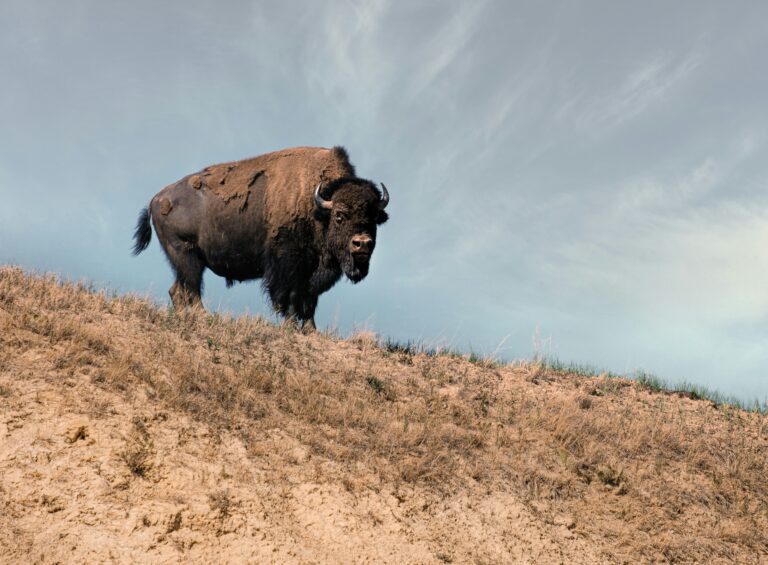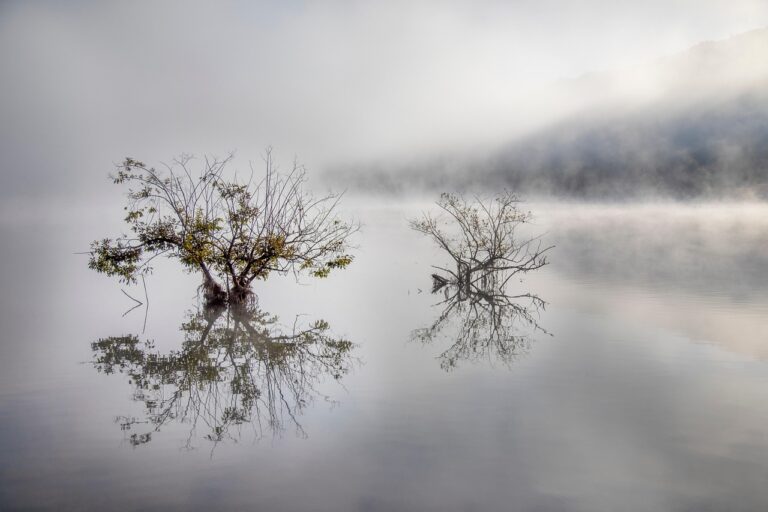After 2020, journalists, historians, and families may well make some kind of distinction between the world that was “Before Coronavirus” and that which emerged “After Coronavirus.” While no one expects BCV/ACV to overtake our Gregorian notation system, it might be a reminder to future generations of how humanity experienced a seismic event that challenged globalized modernity more profoundly than any other health or economic black swan (including the Great Recession of 2008 and the Great Depression of 1929). “The Great Adaptation” is a phrase that is floating around the Internet, describing quite aptly what countries around the world have done and will need to continue to do to weather the pandemic. Importantly, “adaptation” has connotations of evolution, change, and naturalistic adjustments to habits, behaviors, strategies, and outlook. The age of the coronavirus is intimately and inseparably tied to the broader time period of the climate crisis, which we and future generations will either live through or not.
The urgency of this discussion at multiple levels—among governments, international financial markets, civil society, the media, and religious leaders (the striking image of Pope Francis blessing an empty St. Peter’s Square is a visual portent of things to come for the global community)—is clear. The effects have already been incredible and unnerving—on global markets and the reeling world economy, on our lifestyles and working lives (not to mention that a majority of workers cannot work from home), and the ways in which we conceive of community and the common or public good. As noted by the BBC:
One response to the coronavirus outbreak that has drawn mixed reactions from climate scientists is the ways that many communities have taken big steps to protect each other from the health crisis. The speed and extent of the response has given some hope that rapid action could also be taken on climate change if the threat it poses was treated as urgently. . . . It’s safe to say that no one would have wanted for emissions to be lowered this way. Covid-19 has taken a grim global toll on lives, health services, jobs and mental health. But, if anything, it has also shown the difference that communities can make when they look out for each other – and that’s one lesson that could be invaluable in dealing with climate change.
Our Unintentional Experiment
If we are to not let this crisis go to waste, the measures taken by divergent governments to contain the pandemic should be seen more accurately as a “test-run” for much more severe phenomena caused by real climate catastrophe.
The dramatic drop in industrial output, carbon emissions, and general economic activity around the world has indeed forced a rethink of how the global economy is structured and functions. China’s Ministry of Ecology and Environment reported that the average number of “good quality air days” increased 21.5 per cent in February, from a year earlier. Coal consumption at coal-fired power stations also dropped dramatically from 3 February to 1 March by 36 per cent compared with 2019. In February, the Chinese government banned the domestic trade in wildlife, with Vietnam following suit in March. If this ban is followed up and enforced, we could see many, many species climb back from the precipice of extinction and a return to biodiversity. The famous canals of Venice, for years under pressure from burgeoning numbers of tourists, are so clean that fish can be seen in the water again. New York City is seeing lower levels of carbon dioxide than ever, as are other major metropolitan areas.
Entire industries, deleterious to the environment, have been hit hard by the coronavirus. The airline industry is an obvious example, with tourism decimated due to substantially decreased travel, events large and small across diverse trades canceled or postponed around the world, and aircraft grounded. Another impacted sector is cruise lines, which are notoriously poorly regulated and highly polluting to our already stressed oceans. So dramatic is the body blow from the coronavirus to these industries, as well as those of fossil fuels, that some analysts are even saying that it might be possible for countries to meet their non-binding 2015 Paris Climate Accord targets.
Much thought-provoking and sober material has been written about the Buddhist teaching of impermanence, change, and suffering, as well as the environmental dimensions of the pandemic. There is, of course, the fear among the environmentally conscious that the affected industries will, quite naturally, redouble their efforts to return to business as usual after the pandemic passes. Yet there can be no “normalcy” as we knew it pre-2020 (or BCV), especially when pandemics were already being forecast by multiple national and multinational organizations long before the current coronavirus outbreak emerged in Wuhan. Furthermore, if we are to not let this crisis go to waste, the measures taken by divergent governments to contain the pandemic should be seen more accurately as a “test-run” for much more severe phenomena caused by real climate catastrophe.
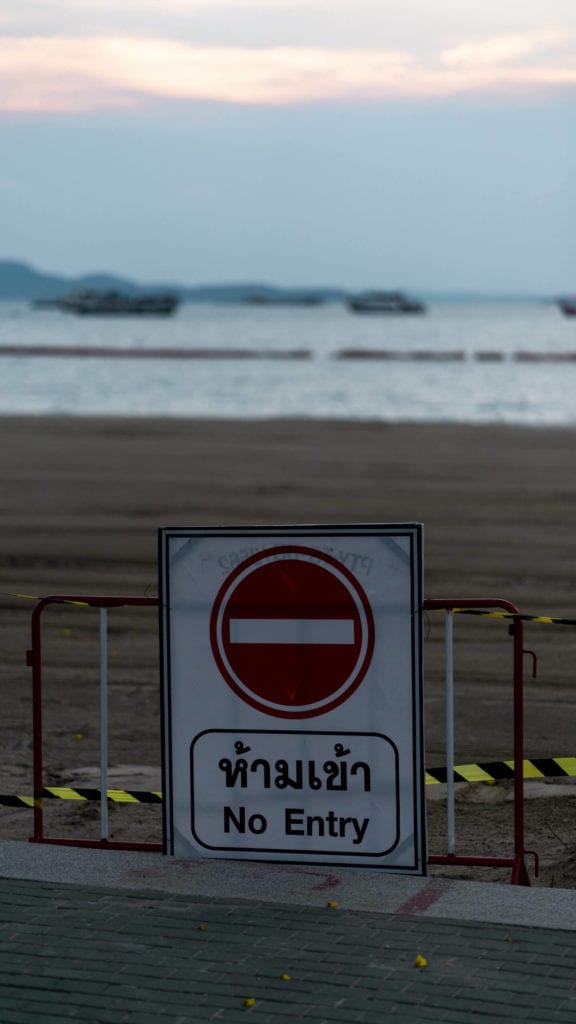
Buddhism teaches that the eternal truth of the universe is change. The Great Adaptation is a profound and history-making opportunity for the family of nations to decide on the kind of change they want, since the coming transformations are inevitable.
Like the pandemic, it is the knock-on effects of climate change that will exert far more stress on human systems, from healthcare to economies and social relations. Risk analysts are looking at what the coronavirus could teach policymakers about scenarios in which a climate-triggered crisis would demand drastic measures: “While long-term climate risks are felt by an entire region in terms of unemployment and economic activity, COVID-19 has a bigger impact on older age groups. Swift national shutdowns and the expectation that the virus has an end date will also have a dissimilar impact on the economy. But the current crisis highlights something risk modelers do want to spend more time on: the social consequences of climate change.” (Bloomberg)
No Going Back
As many analysts note, policies toward the climate crisis also cannot return to the conventional wisdom of adaptation. Used in a different context to what has been discussed here about “The Great Adaptation,” typical ideas of climate crisis adaptation consist of such efforts as building flood walls to hold off rising waters or damming regions at risk of flooding. Yet an article in the online magazine Intelligencer notes that these adaptation projects are “already astronomically expensive, and delaying decarbonization will only make them more so.” More importantly, they are limited in scope, which means the owners and controllers of these projects decide who is worthy of protection and who remains exposed. In other words: “Adaptation may sound like a solution to climate change, or at least a way to avoid the need for rapid decarbonization. It isn’t. When it comes to adaptation, there are no good options, only ways of prioritizing particular catastrophes, and communities, over others.” (Intelligencer) The coronavirus has proved to be egalitarian indeed, showing us that our countries and national infrastructure are only as strong as our most vulnerable.
Best accept earlier on that there can only be a “new” normality for the world: one that has the coronavirus on its historical horizon and looks toward the climate crisis as its future.
While varying in degrees of strategic culture, severity, scale, and coordination, the most effective methods broadly match what an Imperial College research article recommends: efficient tracing and testing, rapid suppression with heavy social distancing and strict quarantine measures, and travel bans. This critical period is then followed by a months- or years-long “dance” with the problem at hand. For a pandemic, this period continues until a vaccine is discovered and distributed. With this in mind, what might future responses to climate risks look like? Would they take the best of the effective measures adopted by countries such as China, Japan, Singapore, and South Korea, while also deploying the resources of the state to help the citizens that need it most through extraordinary economic difficulty, such as Australia, Denmark, New Zealand, and the UK?
There are no easy answers that can maintain too much of the status quo, or the era of BCV. To yearn for a return to the times before 2020 is simply not reasonable. Buddhism teaches that the eternal truth of the universe is change. The Great Adaptation is a profound and history-making opportunity for the family of nations to decide on the kind of change they want, since the coming transformations are inevitable. However, there can be no adaptation without relinquishment, no progress without sacrifice. This moral demand has always been there in the environmental movement, but the coronavirus pandemic has perhaps injected a new urgency and fresh nuances into such demands. Best accept earlier on that there can only be a “new” normality for the world: one that has the coronavirus on its historical horizon and looks toward the climate crisis as its future.
This article was originally published on Buddhistdoor Global. It is reprinted here with permission.

